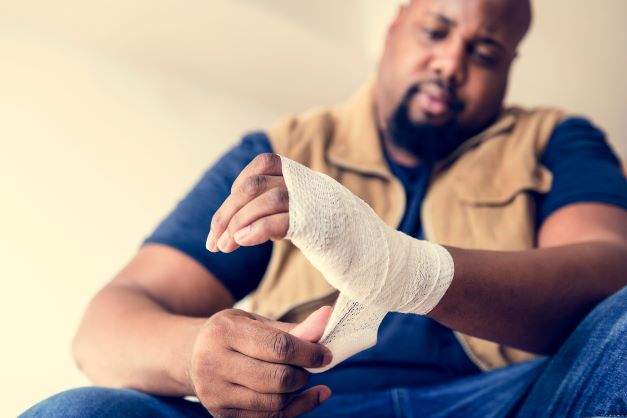Car accidents can be incredibly traumatic experiences for those involved, and the effects of a collision can be far-reaching and long-lasting. Whether the accident was minor or major, the human body can sustain a wide range of injuries, both physical and emotional. Well, what happens to your body after a car accident? What kind of injuries can you sustain after a car crash? We will take a look in this post and discuss some of the common injuries from car accidents.
The most common physical injuries that occur after a car accident are cuts, bruises, broken bones, and whiplash. Cuts and bruises can occur from flying debris, shattered glass, or contact with the steering wheel, dashboard, or seatbelt. These injuries may not be serious and can often be treated with first aid, but they can still be painful and may lead to scarring.
Broken bones, on the other hand, can be much more severe and require extensive medical treatment. They can occur when a person is thrown from the car, hit by flying debris, or crushed in the collision. The most common bones to break in a car accident are the ribs, collarbone, and the long bones in the legs and arms.
Whiplash is another common injury that can occur after a car accident. It occurs when the head and neck are suddenly and violently jerked forward and then backward, causing damage to the soft tissues in the neck. Symptoms of whiplash include neck pain, stiffness, headaches, and dizziness. Whiplash can be debilitating and can take several weeks or even months to fully heal.
Internal injuries can also occur after a car accident, and these injuries may not be immediately apparent. They can include organ damage, such as a ruptured spleen or liver, as well as injuries to the lungs, heart, and brain. These types of injuries can be life-threatening and require immediate medical attention.
Traumatic brain injuries (TBI) are also a serious concern after a car accident. A TBI can occur when the head is struck or when the brain is shaken violently inside the skull. Symptoms of a TBI can include confusion, memory loss, headache, dizziness, and loss of consciousness. TBI can range from mild to severe, and recovery can be a long and difficult process.
Emotional trauma is also a common aftermath of a car accident. Many people experience feelings of anxiety, depression, and post-traumatic stress disorder (PTSD) after a collision. These emotional injuries can be just as debilitating as physical injuries and can also take a long time to heal.
In conclusion, car accidents can have a wide range of physical and emotional effects on the human body. It’s essential to understand the types of injuries that can occur after a car accident so that you can seek the appropriate medical attention and care. Whether the accident was minor or major, it’s always best to get checked out by a medical professional to ensure that no injuries have been sustained. Remember, it’s also important to take care of emotional trauma, as it can be just as debilitating as physical injuries. Seek the help of a therapist or counselor if you’re struggling emotionally after a car accident.
If you have been involved in a car accident, don’t hesitate to contact us today!

